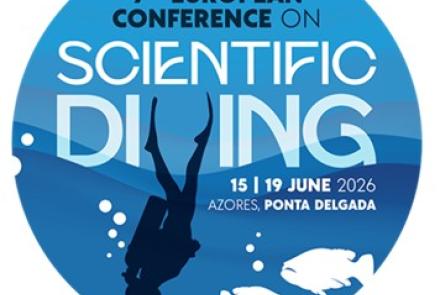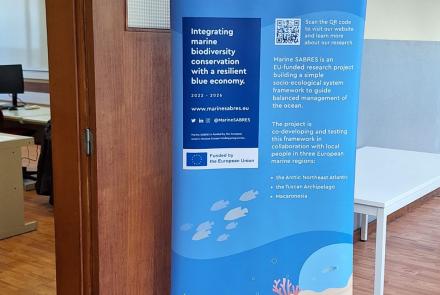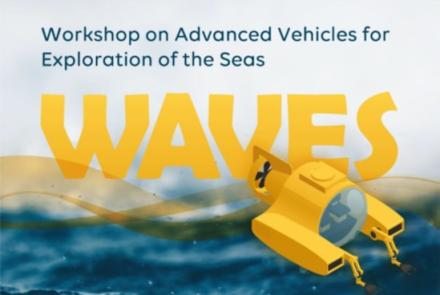ARTS
Integrative Research and Training in Tropical Taxonomy. National Science Foundation, USA, REU: Collaborative Research.
Taxonomy, the science of finding, describing and naming organisms, is vital to biological research and conservation of life's diversity. The on-going effort to survey, inventory, and preserve the ocean's biological diversity is threatened by a shortage of taxonomic expertise. Although focused on Caribbean biodiversity, the overarching goal of this project is to promote conservation of marine biodiversity around the world.
This project will make it easier to correctly identify and document marine biodiversity, to detect invasive species, and to protect rare and endangered species by training new taxonomists, by developing Internet-based resources to support taxonomic research, and by making taxonomic methods easily accessible to non-specialists.
This project will create new taxonomic descriptions and revisions of currently undescribed species from the Caribbean, which will be immediately useful to any researcher, manager, or conservation practitioner working in the region, and will contribute to the species inventory of the Caribbean.
Open-access videos and how-to guides will allow specialists to convey enthusiasm for these organisms to the public, to managers, and to policy makers, and provide a way for students and the general public to learn more about taxonomy. This project has three parts with complementary aims.
Part A will document the biodiversity of 6 groups of marine organisms with high, but poorly known, diversity in the Southern Caribbean (sponges, hydroids, sea anemones, sea squirts, ribbon worms, and seaweeds). This work will emphasize the integration of traditional morphological and molecular characters with non-traditional characters such as larval morphology, live coloration, and characters derived from confocal and electron microscopy. Established experts will work closely with experts-in-training, with a focus on species from the Caribbean coast of Panama that are known to be in particular need of taxonomic revision.
Part B will provide training workshops for graduate students and junior researchers interested in developing taxonomic expertise in one of 6 focal groups; enabling them to (1) identify species in the field, (2) efficiently collect and preserve material for subsequent taxonomic work, (3) use existing keys or monographs to identify material to species, and (4) develop personal connections with a global network of other students and specialists.
Part C will make the basic skills and vocabulary involved in the taxonomy of all 6 groups globally accessible to both expert and non-specialist workers in biodiversity and conservation. This part will develop a standard package of internet-based tools for each group, including a set of how-to videos and illustrated definitions of technical terms, with translations into several languages. This toolkit will be designed to facilitate rapid biodiversity documentation and to increase the precision of preliminary field identifications.








